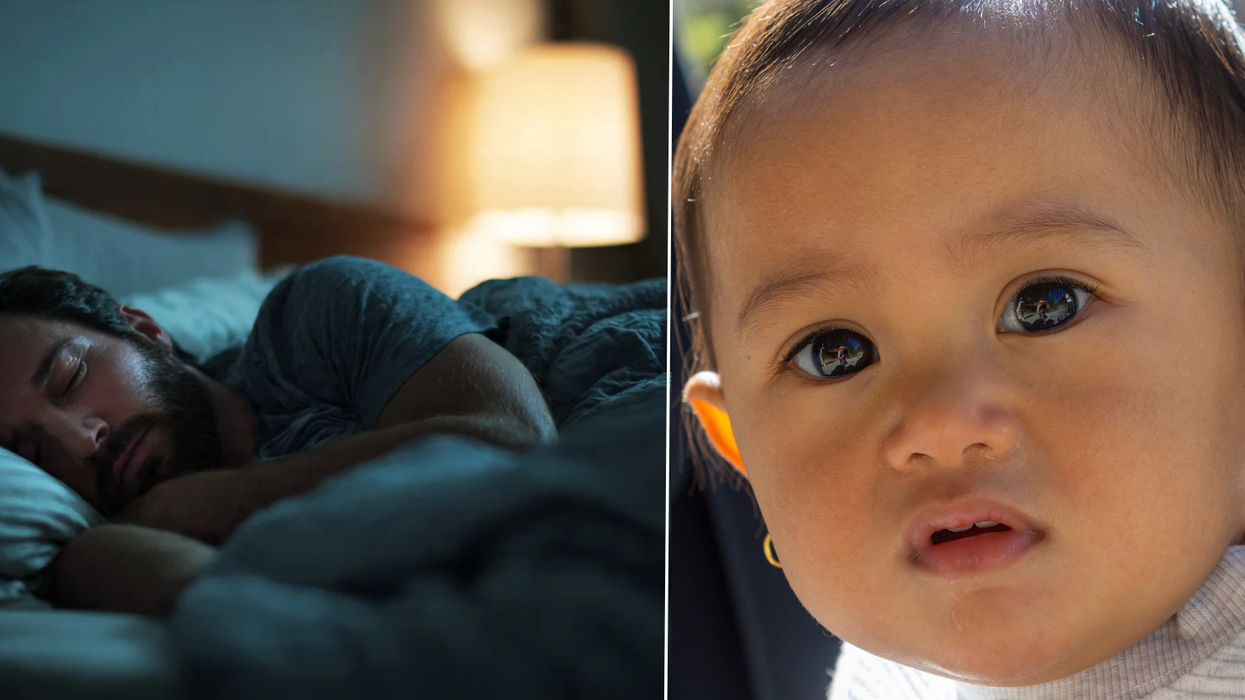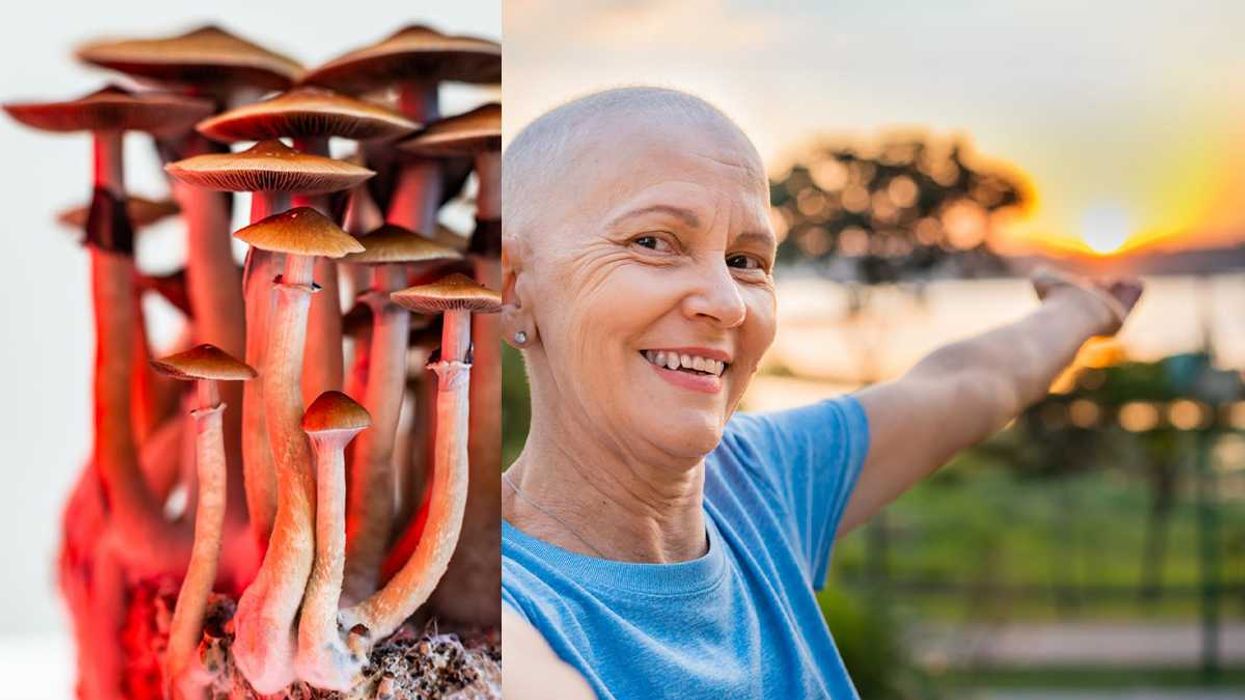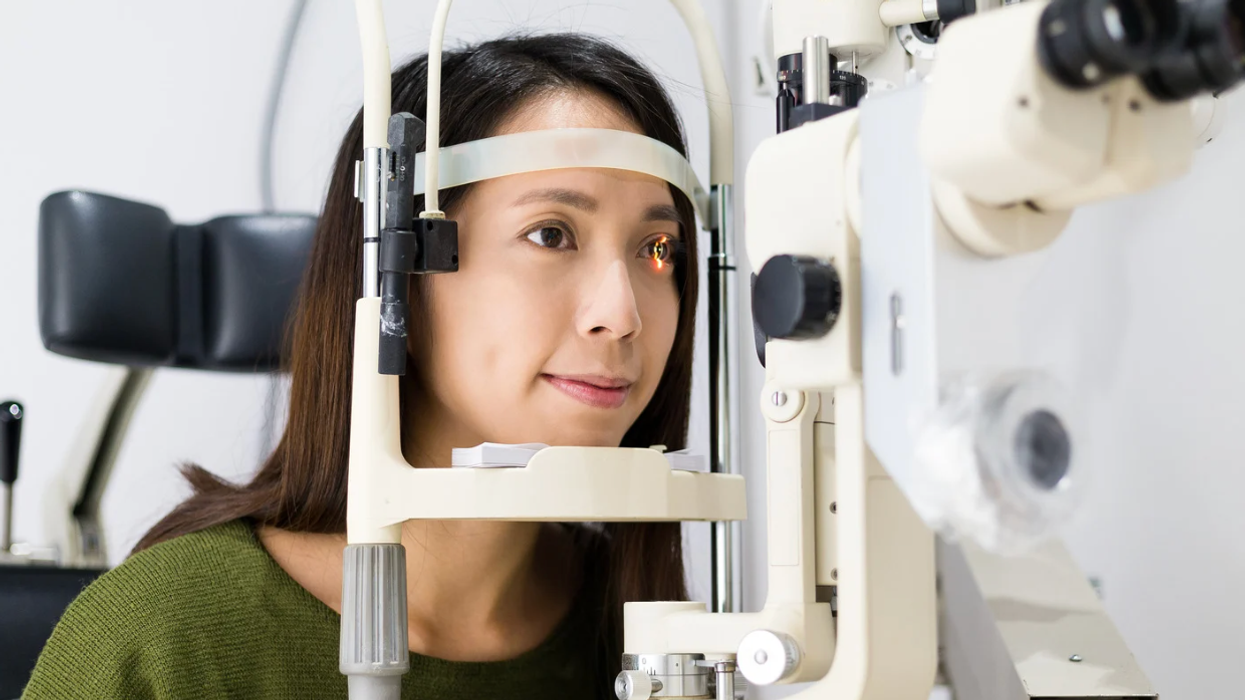THE GOOD NEWS:
Drug use has plummeted in Portugal thanks to decriminalization and concerted efforts to treat, not punish those suffering from addiction.
The drug epidemic in Portugal was at a high in the 1970s and 1980s, with heroin use a growing issue. The tiny coastal neighbor of Spain, and for decades one of the poorest countries in Europe, had the highest rate of HIV infection in the entire European Union. Under an authoritarian regime from the 1930s to the 1970s, the education system was weakened and the people were somewhat cut off from the rest of the world. When the regime fell in 1974, drugs flooded into the country all too quickly. That’s how the epidemic grew seemingly overnight.
In 2001, Portugal became the first country to decriminalize illegal substances. The idea was to reform instead of punish. If you were caught with illegal substances, you’d likely be charged a small fine and would have to report to a local commission to discuss treatment or support services. Being required to meet with a doctor or lawyer to discuss your relationship to drugs was a big step up from getting arrested.
Following the decriminalization of illegal substances, the opioid crisis in Portugal calmed. Overdose deaths have decreased, as have drug-related crimes. And with this, the HIV infection rate came down drastically. In 2000, there were 104.2 new HIV cases per million Portuguese residents. In 2015, there were 4.2 cases per million residents.
It’s worth noting that Portugal has also changed the rhetoric they use when referring to drug culture and addiction. Instead of shaming citizens for using and referring to users in demeaning terms, they’ve changed the narrative. Those struggling with addiction are now referred to as “people with addiction disorders” instead of “junkies.”
Portugal proves it’s possible to recover from a mounting drug crisis. They’ve shown that decriminalizing drugs and helping treat users instead of shaming them and throwing them in jail can prove valuable. And, ultimately, it can not only lead to decreased drug use but also lessen the spread of HIV and discourage drug-related violence.





















